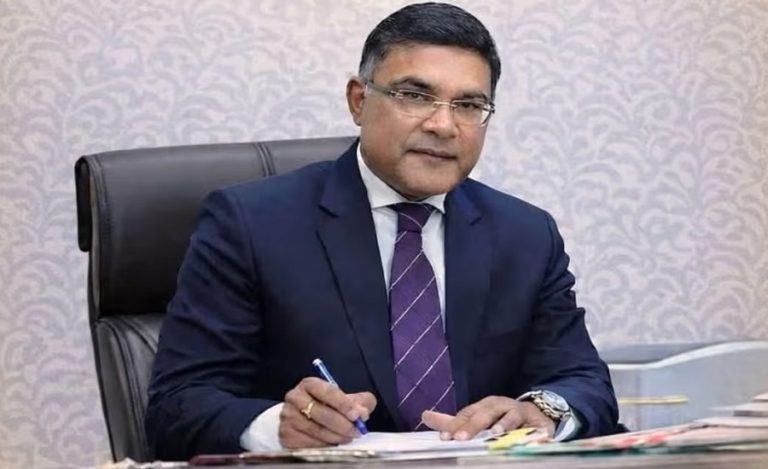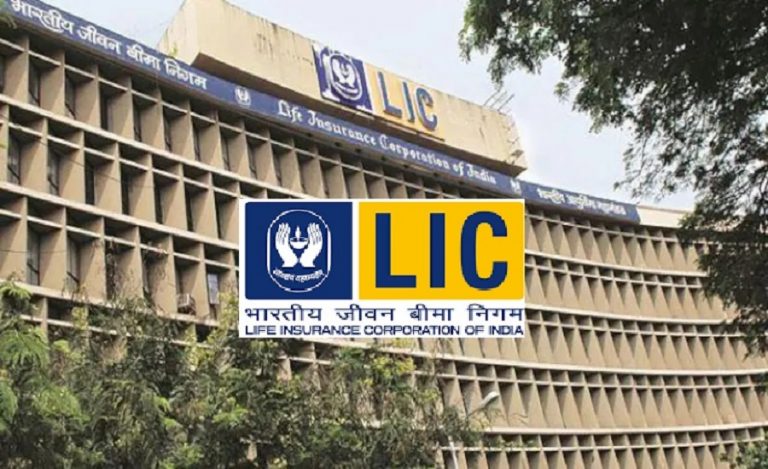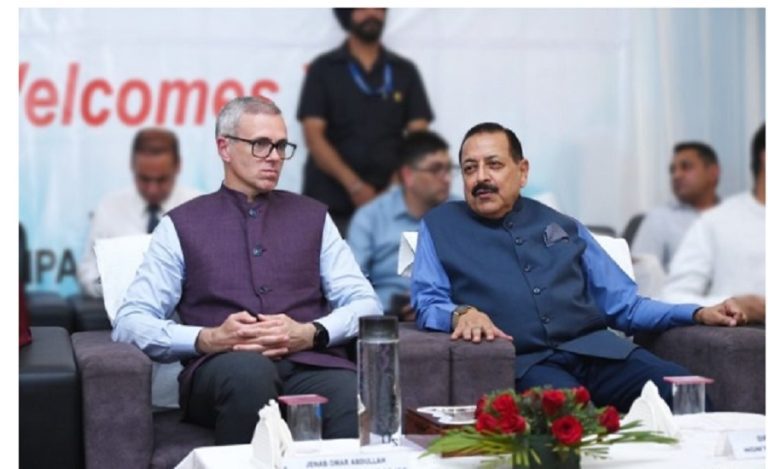New Delhi: In a recent full-court meeting held on October 29, 2025, the Supreme Court of India approved the designation of five former High Court judges as Senior Advocates. The notification was issued on October 31, 2025, by the Registrar (CDSA).
This development underscores the apex court’s intent to honour distinguished judicial careers by allowing retired bench members to transition formally into the bar with a mark of high standing. The senior advocate status is viewed as a mark of distinction in the legal profession.
Importance of Supreme Court Senior Advocates Designation
Recognition of Judicial Excellence & Contribution: By granting Senior Advocate designation to retired judges, the Supreme Court is acknowledging their service and expertise on the bench, which now may enrich advocacy.
Bench-to-Bar Fluidity: While traditionally judges retire and may or may not practise, this move formalises their entry (or re-entry) into active legal advocacy roles, strengthening the link between adjudication experience and advocacy.
Signalling Professional Prestige: Senior Advocate status carries prestige and elevated standing in the legal community; extending this to former high court judges reinforces the value placed on judicial experience.
Implications for the Legal Ecosystem: Such designations can enhance the quality of advocacy, mentorship of younger lawyers, and contribute to elevated standards of court performance and reasoning.
Supreme Court Senior Advocates Designation: Key Names & Details
Here are the five former judges now designated Senior Advocates:
- Gilani Madadali Nurmohammad – Former Judge, Bombay High Court.
- M. Govindaraj – Former Judge, Madras High Court.
- Pankaj Bhandari – Former Judge, Rajasthan High Court.
- Rakesh Kumar Jain – Former Judge, Punjab & Haryana High Court.
- Tashi Rabstan – Former Chief Justice, Jammu & Kashmir and Ladakh High Court.
Effective date: The designation is effective from October 29, 2025.
Process & Precedent of Supreme Court Senior Advocates Designation
The designation of Senior Advocates by the Supreme Court is governed under its Senior Advocates Designation notifications.
Typically:
- A full-court meeting of the Supreme Court convenes and deliberates on designations.
- Notifications appear indicating the effective date, names of designated persons, and the Registrar’s signature.
- While historically such designations were more common for advocates, extending them to judges underscores evolving practice.
Past Supreme Court Senior Advocates Designation
Earlier, in April 2025 the Supreme Court had similarly designated six former High Court judges as Senior Advocates.
Implications for the Legal Profession
Enhanced Credibility: With experienced former judges entering the bar as Senior Advocates, litigants may gain from their deep insight into judicial processes.
Mentoring and Capacity Building: These designated seniors can mentor younger lawyers, strengthening advocacy standards.
Potential Conflicts & Ethics: As former judges turn advocates, questions of ethical boundaries, conflict of interest, and court appearance protocols may become more significant.
Prestige & Motivation: The move may motivate sitting judges to consider their post-retirement legal engagements and reinforce the value of distinguished service.
What’s Next?
Public Notification & Rolls: The Supreme Court may publish further details, such as notification lists or rules for appearance eligibility of the newly-designated Senior Advocates.
Practical Advocacy Engagements: Observers will watch the new Seniors’ advocacy roles, courtroom presence, and whether their designations influence case strategy.
Read Also: Justice Surya Kant’s Journey from Hisar’s Fields to the Supreme Court of India
Monitoring of Future Designations: Whether more former judges will be elevated in upcoming sessions, influencing the norm of bench-to-bar transitions.






























